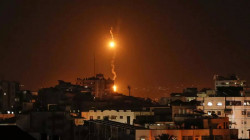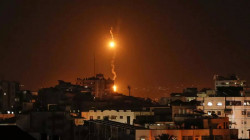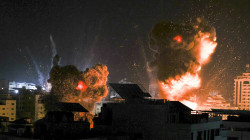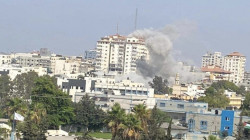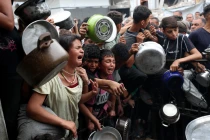WFP: Delivering aid to the starving in Gaza has become impossible
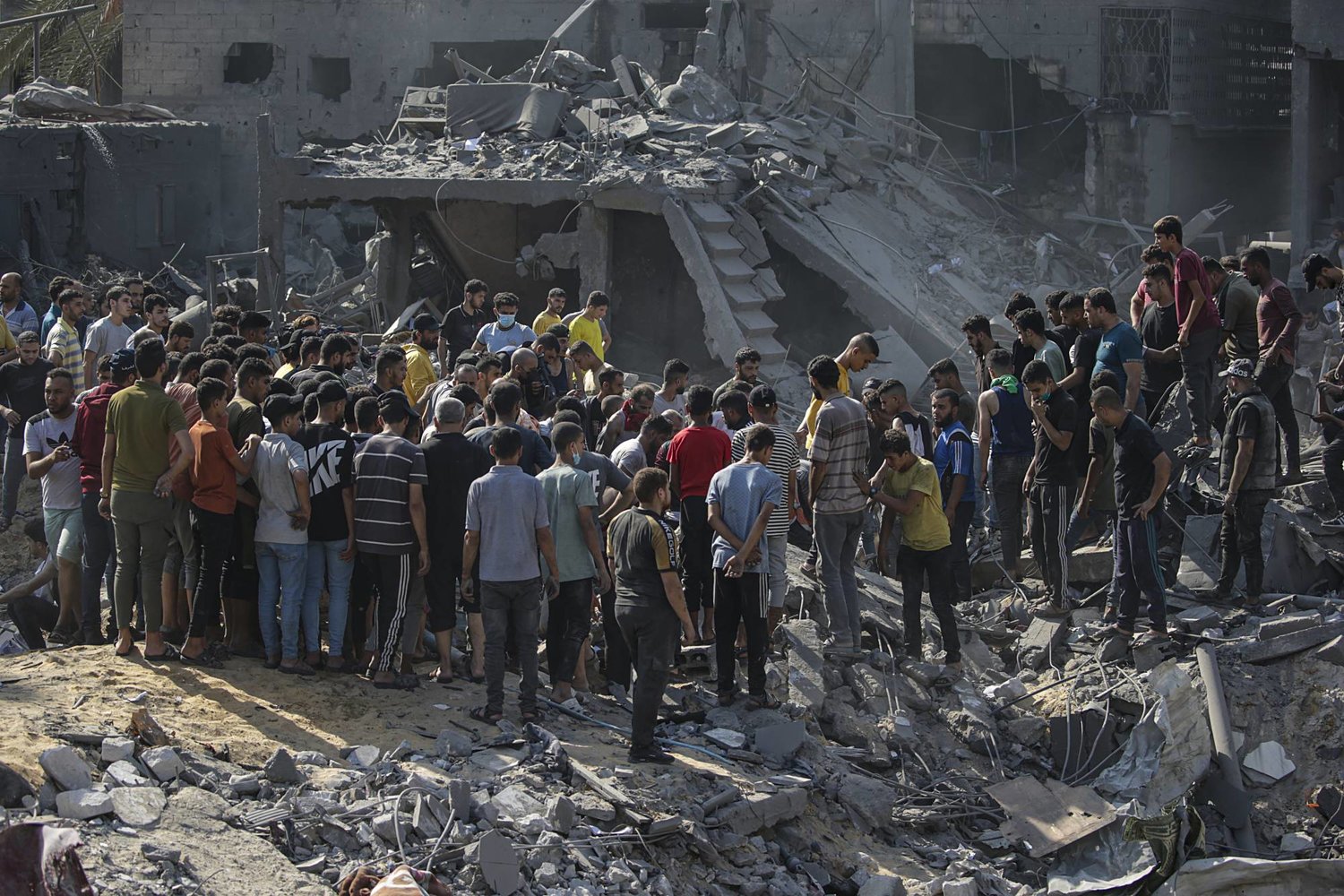
Shafaq News / According to Reuters, the World Food Programme (WFP) said it was becoming impossible to get supplies to hungry people in the Gaza Strip as Israel stepped up its attacks on targets there in its war with Hamas.
"With law and order breaking down, any meaningful humanitarian operation is impossible," the WFP's Deputy Executive Director Carl Skau said in a statement after a visit to the Palestinian enclave on Friday.
"With just a fraction of the needed food supplies coming in, a fatal absence of fuel, interruptions to communications systems and no security for our staff or for the people we serve at food distributions, we cannot do our job," he added.
The United Nations agency showed during a truce that collapsed last week that it was able to deliver if conditions allowed, and Skau, who is Swedish, called for a "humanitarian ceasefire".
"We have food on trucks, but we need more than one crossing. And once the trucks are inside, we need free and safe passage to reach Palestinians wherever they are," he added.
Furthermore, the resolution project presented last Friday to the World Health Organization (WHO) by 17 member states and Palestine with its unique status demands that Israel fully respects its commitments to protecting medical and humanitarian personnel in the Gaza Strip.
The text is scheduled for review tomorrow, Sunday, during a special session of the WHO's Executive Board, convened to discuss "the health situation in the occupied Palestinian territories, including East Jerusalem."
The resolution project was submitted by Algeria, Saudi Arabia, Bolivia, China, Egypt, the United Arab Emirates, Indonesia, Iraq, Jordan, Lebanon, Malaysia, Morocco, Pakistan, Palestine, Qatar, Tunisia, Turkey, and Yemen.
The resolution project expressed "deep concern of the Executive Board regarding the catastrophic humanitarian situation in the occupied Palestinian territories, including East Jerusalem, especially in light of the military operations in the Gaza Strip."
The text expressed apprehension about "the blockade being imposed" and the "significant damage inflicted on public health in the region." It also addressed the risks posed to public health by the presence of "thousands of victims still buried under the rubble," as well as the conditions of sanitation and overcrowded shelters.
Israel has imposed a comprehensive blockade on the Gaza Strip since October 9. It has launched aggression against the territory, resulting in the deaths of more than 17,000 people, 70% of whom are women and children.
The resolution project demanded that the "occupying authority" ensure respect for and protection of all medical personnel and humanitarian workers whose activities are limited to medicine, their means of transport and equipment, as well as hospitals and other medical facilities.
It also calls on the occupying authority to facilitate uninterrupted, organized, safe, and obstacle-free passage for medical workers and humanitarian workers.
Furthermore, it urges the international community to mobilize sufficient funding to meet the immediate and future needs of the health programs affiliated with the WHO and the reconstruction of the Palestinian health system, in close collaboration with WHO and relevant UN agencies.
The Executive Board of WHO comprises 34 member states, elected for three-year terms from each of the organization's regions. It plays an extremely important role in implementing resolutions of the World Health Assembly.
